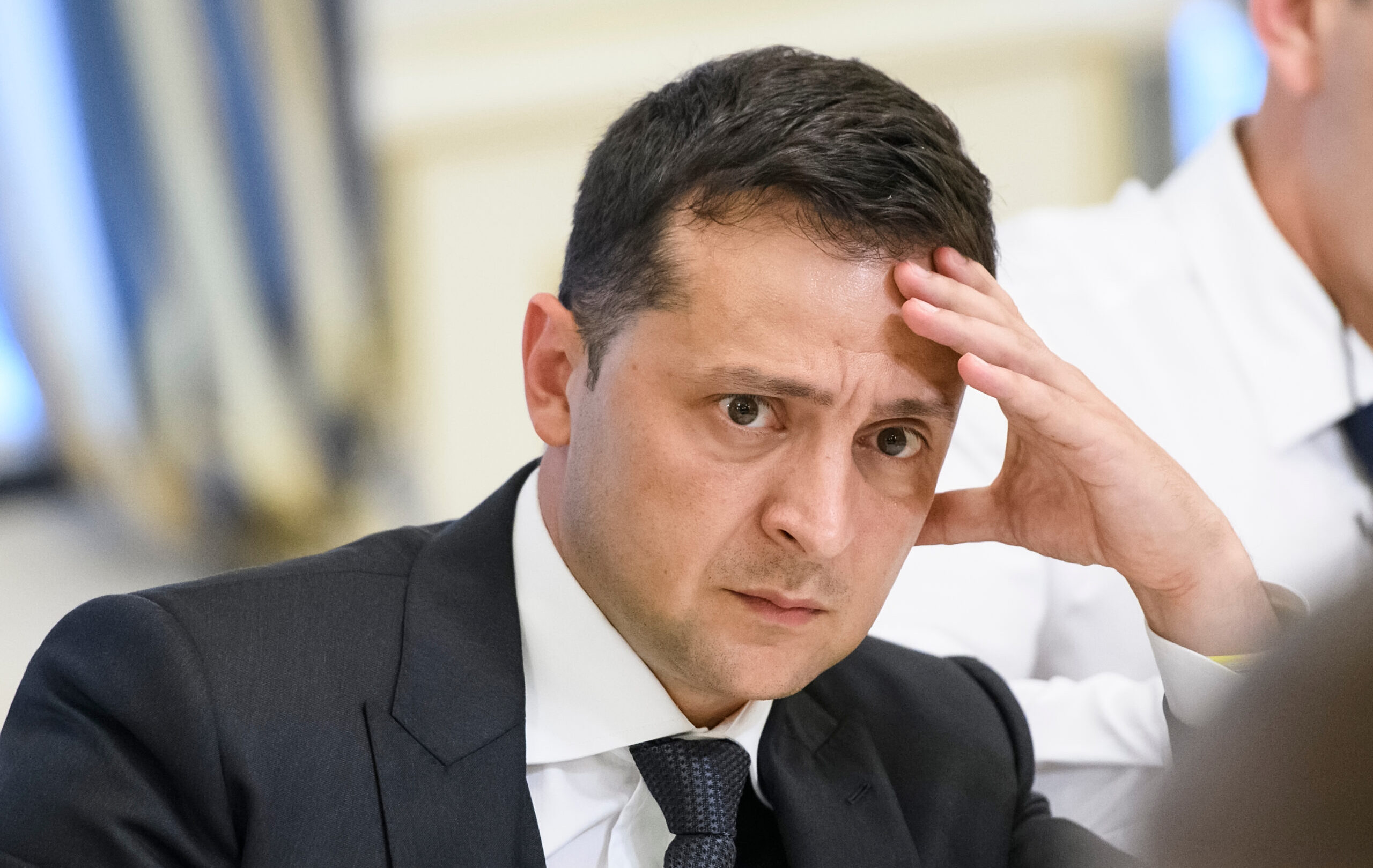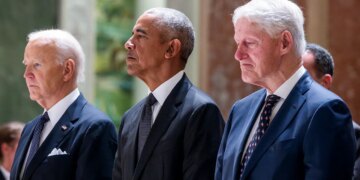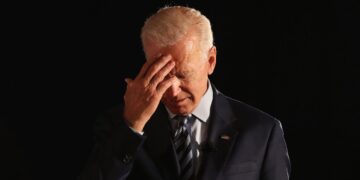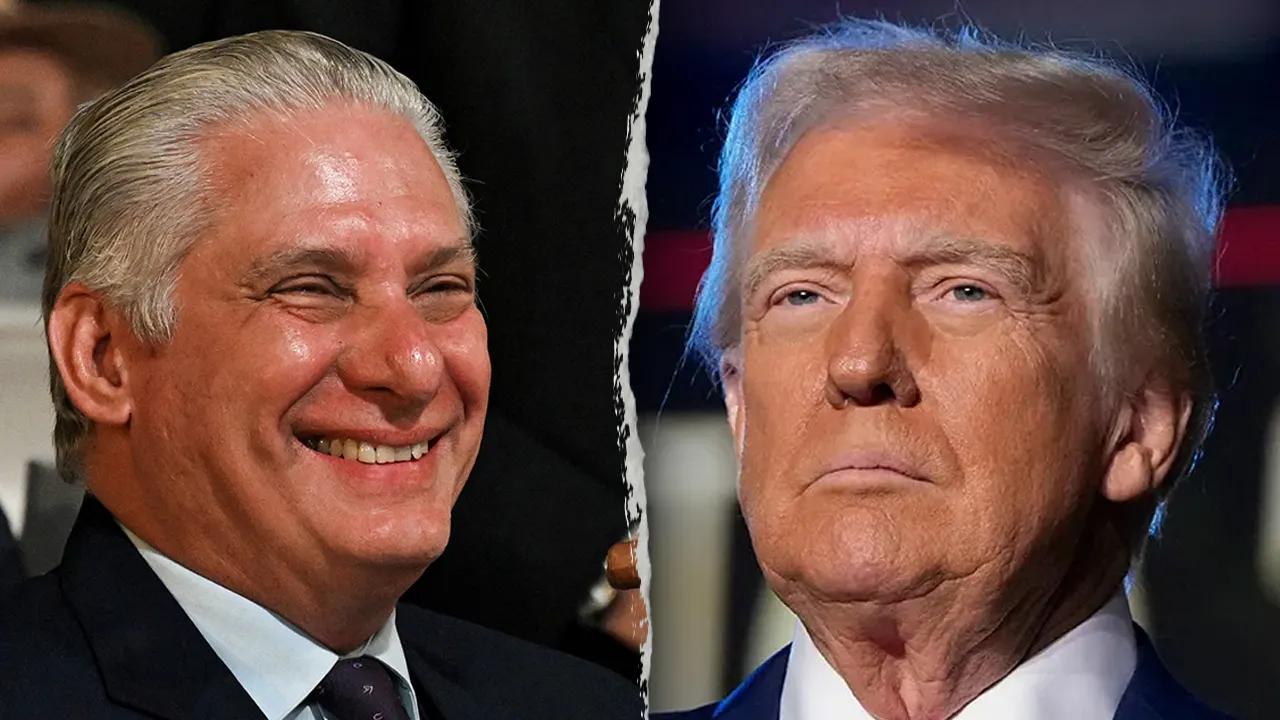Why Is the U.K. So Hawkish on Ukraine?
State of the Union: While the rest of the West slowly comes to its senses, Great Britain continues to serve as Ukraine’s private purse.

Volodymyr Zelensky is getting jealous.
Over the past several months, the West’s support of Ukraine has dimmed. Here in America, our government has become aware that a growing number of American citizens are not on board with sending endless amounts of money overseas.
Across the pond, however, the British Prime Minister Rishi Sunak pledged on Friday to provide Ukraine with over $3 billion in military funding this year. This money would fund Ukrainian drones, artillery, missiles, and other weapons necessary to fend off Putin’s Russia.
Additionally, Sunak and Zelensky signed a security agreement that includes:
- Provision of comprehensive assistance to Ukraine for the protection and the restoration of its territorial integrity within its internationally recognised borders, including the territorial sea and free economic (maritime) zone, reconstruction of its national economy, and the protection of its citizens;
- Prevention and active deterrence of, and counter-measures against, any military escalation and/or a new aggression by the Russian Federation; and
- Support for Ukraine’s future integration into Euro-Atlantic institutions, including by supporting Ukraine’s reform plans and interoperability with NATO.
Such a thorough pact has, since last week, cemented the U.K. as one of Ukraine’s most steadfast supporters in the latter’s war against Russia. Notwithstanding the incredible lengths the agreement goes to to provide Ukraine seemingly endless benefits, the $3 billion donation marks the largest sum of annual funds Britain has spent on their favorite Slavs over the past two years of the war. What sparked this decision?
It is likely that Zelensky’s goal is for this move to add pressure onto the Biden administration and congress to pass legislation that would send even more money to Ukraine. Yet, in the minds of our fiscally irresponsible congressional representatives, $3 billion dollars is pocket change. Britain’s recent pound shedding probably does not have a chance of influencing Congress much, especially since motivation for passing a bill to funnel a large sum of money overseas seems to be an unpopular idea. Even before the holidays, the House Freedom Caucus said, “With the exception of the already passed and fully offset Israel aid package, the House must be closed for business on any supplemental spending for Ukraine or any other foreign nation unless America’s own border is fully secured with significant and verifiable improvement and the cost is entirely offset.”
Perhaps, then, the answer lies with Britain’s new foreign secretary and ex-prime minister, David Cameron. Cameron made his first visit to Ukraine as foreign secretary in November last year, meeting Zelensky in Kiev. There, he emphasized the U.K.’s commitment to provide “military support for…however long it takes.”
In December, Cameron turned to the U.S., asking lawmakers to agree to funding a bill for military aid to Ukraine, claiming that failing to do so would constitute “making a mistake comparable to the British act of appeasement that empowered Adolf Hitler before World War II.”
Cameron’s hawkishness is undoubtedly a contributing factor to Sunak’s agreement with Zelensky. Coupled with the U.K.’s recent military strikes in Yemen, this inclination to get involved with other countries’ business should become a concern for Americans. Will the “special relationship” drag us into another war halfway across the globe?
The post Why Is the U.K. So Hawkish on Ukraine? appeared first on The American Conservative.
Shop For Night Vision | See more…
Shop For Survival Gear | See more…
-
Sale!

Portable Mini Water Filter Straw Survival Water Purifier
Original price was: $29.99.$14.99Current price is: $14.99. Add to cart -
Sale!

Tactical Camo Nylon Body Armor Hunting Vest With Pouch
Original price was: $49.99.$39.99Current price is: $39.99. Select options This product has multiple variants. The options may be chosen on the product page

































 Reaction & Commentary
Reaction & Commentary

















